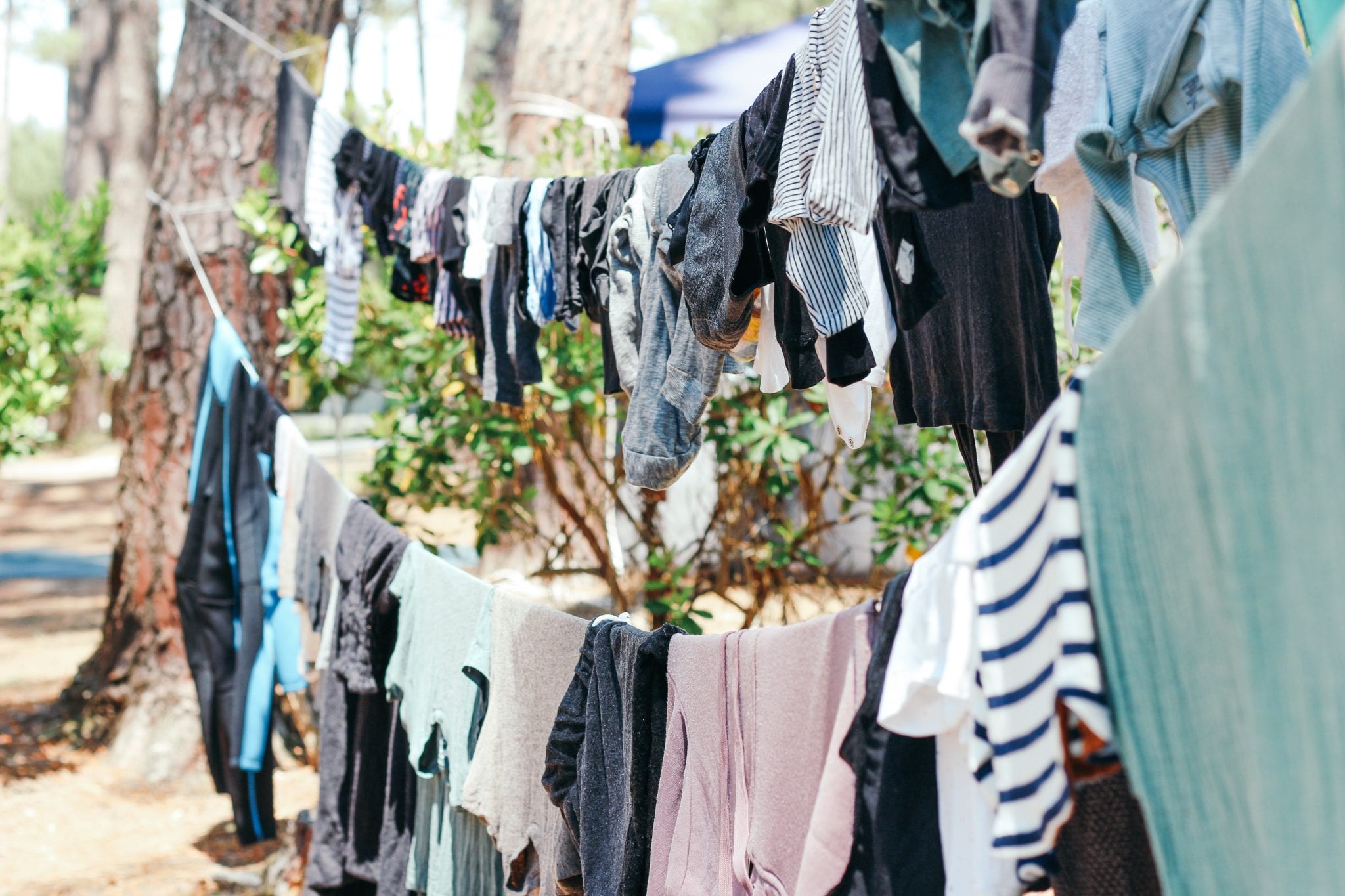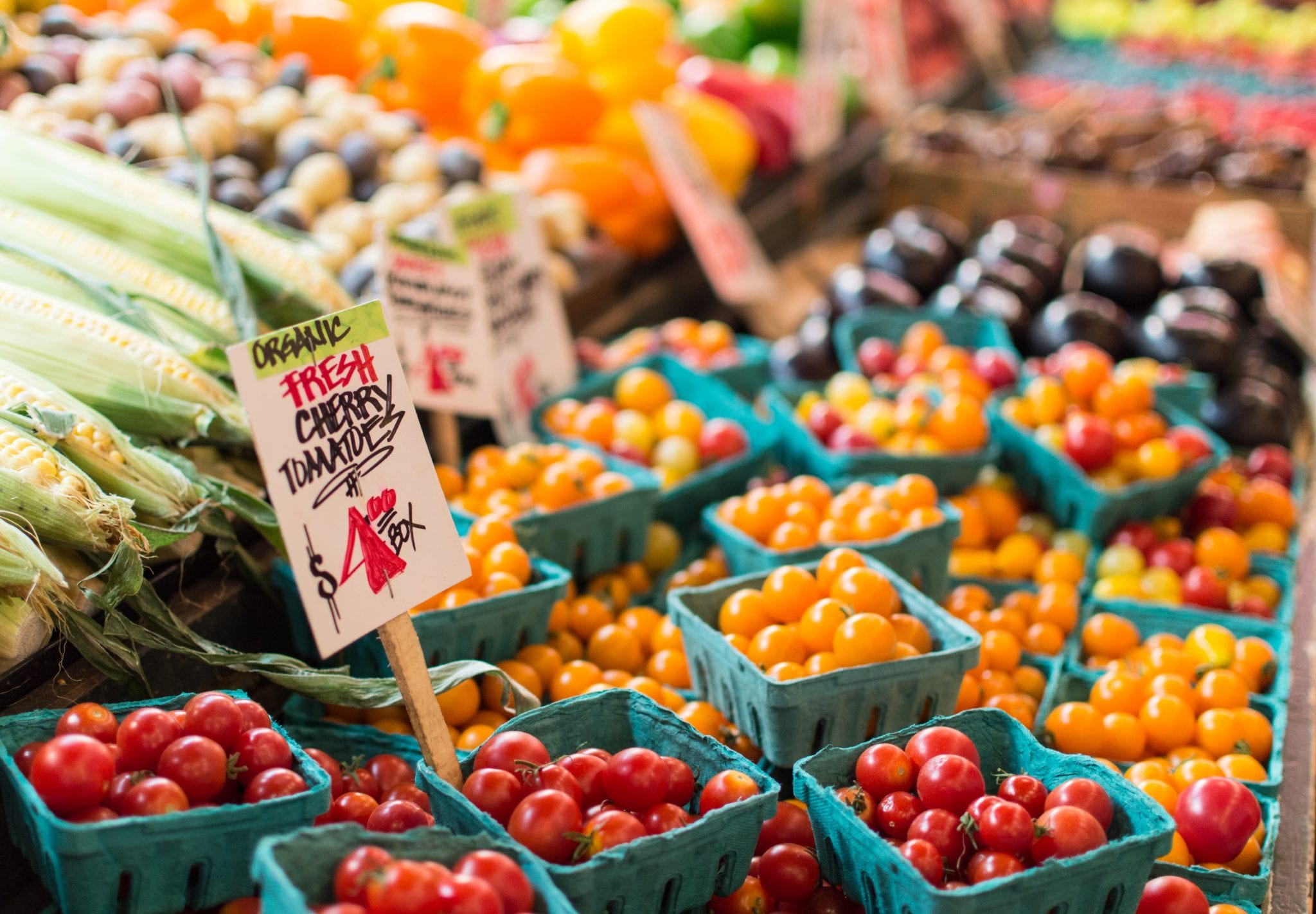 Summertime is the perfect opportunity to appreciate all that the natural world has to offer, and to reflect on what’s at stake if we do not all do our part to protect the Earth. Here are 10 simple tips to help you and your family enjoy summer while ensuring future generations will be able to partake in the same summer activities you know and love.
Summertime is the perfect opportunity to appreciate all that the natural world has to offer, and to reflect on what’s at stake if we do not all do our part to protect the Earth. Here are 10 simple tips to help you and your family enjoy summer while ensuring future generations will be able to partake in the same summer activities you know and love.
1. Use eco-friendly sunscreen
Sunscreen is a summer staple that is necessary to keep you and your family protected outdoors. Unfortunately, many popular brands of sunscreen contain chemicals which are harmful to aquatic life. When these chemicals wash off your skin, they end up in oceans, rivers, and lakes. They then have the potential to damage coral reefs, impact fish populations, and impair aquatic plant growth. To avoid these negative effects, read the ingredient labels of sunscreen and don’t purchase any that contain oxybenzone or octinoxate, or reference a list of recommended reef-safe sunscreens.
2. Embrace the summer sunshine
During the summer months, the sun sets much later in the day. This increase in daylight hours allows us to reduce our reliance on artificial light. Take this opportunity to turn off lights and open up curtains and windows instead. This will not only reduce your ecological footprint, but also save you money on electricity costs.

3. Give your dryer a break
Natural heat and sunshine can dry your clothes in a more environmentally conscious way than a conventional clothing dryer. The average dryer uses 3.3 kilowatt hours of energy, translating to about $0.36 per load. Hang a clothesline in your yard or place clothes to dry on a balcony in order to reduce energy usage during the summer.
4. Try a meatless BBQ
For many people, the summer months include outdoor grilling and BBQs. But we are becoming more and more aware of the negative environmental impact of meat consumption. On average, one pound of beef requires 1,800 gallons of water to produce. And that’s just one aspect of meat’s impact – disproportionate land use, greenhouse gas emissions, and chemical runoff are also very real consequences of meat production. Consider trying a meat substitute such as veggie hot dogs or plant-based burgers for your next cookout.
5. Start a summer garden
Summer gardens are a great way to integrate healthy and environmentally conscious foods into your diet. By growing your own vegetables or fruits, you can avoid the ecological implications of buying produce shipped from far away locations. Besides, nothing tastes better than a ripe tomato fresh off the vine! Here are some tips on how to begin an ecofriendly backyard garden.
6. Buy local produce
If you don’t have the space or green thumb for a garden, a great alternative option is purchasing produce and other goods from local farmers. Supporting local agriculture reduces carbon emissions because of minimal transportation – produce from local farmers moves fresh from their farm to your table in hours instead of weeks, and travels perhaps 100 miles rather than thousands! Investigate farmers markets or co-ops in your own community!
7. Beware of bug repellant that contains DEET
Bug spray can be a lifesaver during summer outdoor activities like camping and hiking. But many bug sprays contain DEET, a chemical which makes it harder for biting bugs to smell us. Although DEET is effective at repelling insects, it takes a long time to break down in soil, bodies of water, and in the atmosphere. Switching to a bug spray without DEET can reduce this chemical buildup in the environment.
8. Reconsider fireworks
Fireworks are a summer staple. Thousands of displays go off around the country every year. As beautiful as they are, fireworks release smoke, metal particles, debris, and flammable toxins into the atmosphere – pollutants that do not break down easily. They can stick around as air particulates or as debris in water systems. Consider these factors when making 4th of July and other summer plans.
9. Staycation as vacation
Typical vacations plans may not be possible due to coronavirus health concerns, but a summer staycation is a great alternative which also has positive environmental impacts. Reducing long-distance travel lowers your carbon emission from transportation in airplanes and cars. Research local or state parks that offer the same vacation atmosphere without the ecological strain of traveling far distances.

10. Ditch the plastic bottle in favor of a reusable water bottle
Summer temperatures and outdoor activities require drinking lots of water. But to avoid an increase in plastic waste during the summer (and save yourself some money in the long run!), consider purchasing a reusable bottle. Americans purchase about 50 billion water bottles per year, averaging about 13 bottles per month for every person in the U.S. That means by using a reusable water bottle, you could save 156 plastic bottles annually.
Individual actions may feel small, but they can have a large effect when we make longstanding changes to our summer routines. Or just think about how massive the impact could be if 7 billion of us implemented just one of these changes. Have a happy, sustainable summer!
Image credits: Palm tree (Mónica Ballester on Unsplash); Outdoor clothesline (Brina Blum on Unsplash); Farmers market (Anne Preble on Unsplash); Reusable water bottle (Houston Max on Unsplash)



